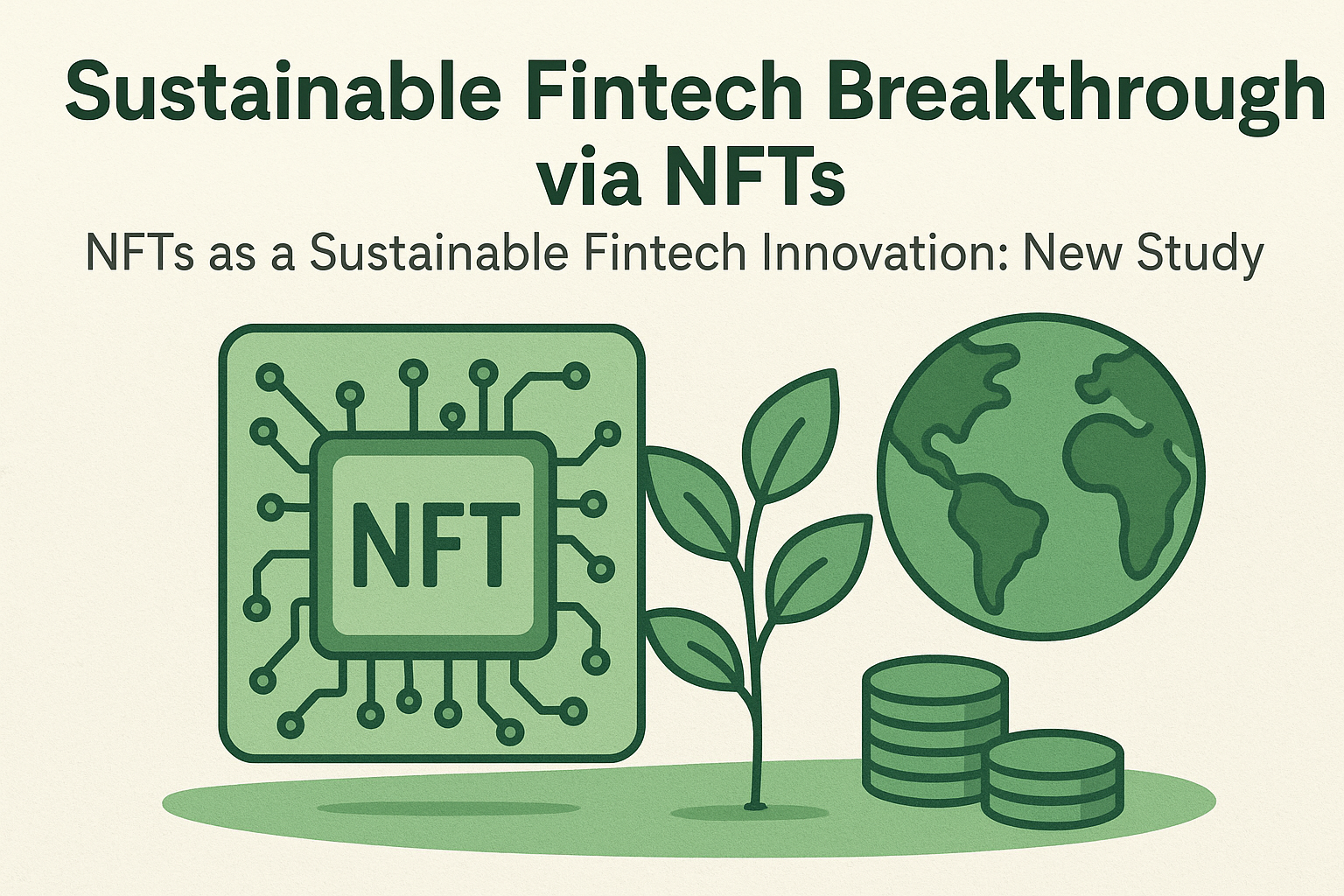State Street, one of the world’s leading financial services providers, is making strides to incorporate cryptocurrency technology into traditional finance by exploring the use of tokenized bonds and money market funds. This initiative reflects the growing trend of established financial institutions adopting blockchain and tokenization to modernize financial systems and improve operational efficiency.
The Rise of Tokenized Financial Instruments
Tokenization involves converting traditional assets into digital tokens that can be traded on blockchain networks. This technology allows for greater transparency, faster settlement times, and improved liquidity compared to traditional financial processes. For State Street, tokenized bonds and money market funds present an opportunity to revolutionize how collateral is managed and deployed.
By utilizing digital tokens as collateral, investors could potentially avoid liquidating their holdings for margin trading. This approach could reduce transaction costs and minimize the risks associated with market volatility during forced liquidations.
Following the Leaders: BlackRock and JPMorgan
State Street’s exploration of tokenized financial instruments comes on the heels of similar initiatives by industry giants like BlackRock and JPMorgan. These firms have recognized the potential of blockchain technology to transform financial markets, with applications ranging from tokenized ETFs to blockchain-based payment systems.
For instance, BlackRock has been leveraging tokenization to offer more transparent and flexible investment options, while JPMorgan has developed its own blockchain platform, Onyx, for tokenized payments and settlements. These moves underscore a broader industry shift towards embracing digital assets and blockchain technology as essential tools for modern finance.
Benefits of Tokenized Bonds
State Street’s focus on tokenized bonds could yield several advantages:
- Enhanced Efficiency: Blockchain-based settlement reduces the time and costs associated with traditional clearing and settlement processes.
- Improved Liquidity: Tokenized bonds can be traded 24/7, increasing accessibility for global investors.
- Risk Mitigation: Using digital tokens as collateral can help prevent forced asset sales during market downturns.
Challenges Ahead
Despite the potential benefits, the adoption of tokenized bonds is not without challenges. Regulatory uncertainty remains a significant hurdle, with financial authorities worldwide grappling to establish clear guidelines for blockchain and digital assets. Additionally, widespread adoption will require robust infrastructure and education to ensure seamless integration with existing financial systems.
The Future of Finance
State Street’s initiative signals a continued convergence of traditional finance and emerging technologies. As financial institutions increasingly adopt blockchain and tokenization, the line between conventional and digital markets is becoming increasingly blurred. This evolution is not only reshaping how assets are traded and managed but also opening new doors for innovation and inclusivity in the global financial system.
As the world watches State Street’s developments, it’s clear that tokenization represents more than just a trend it’s a fundamental shift towards the future of finance.




